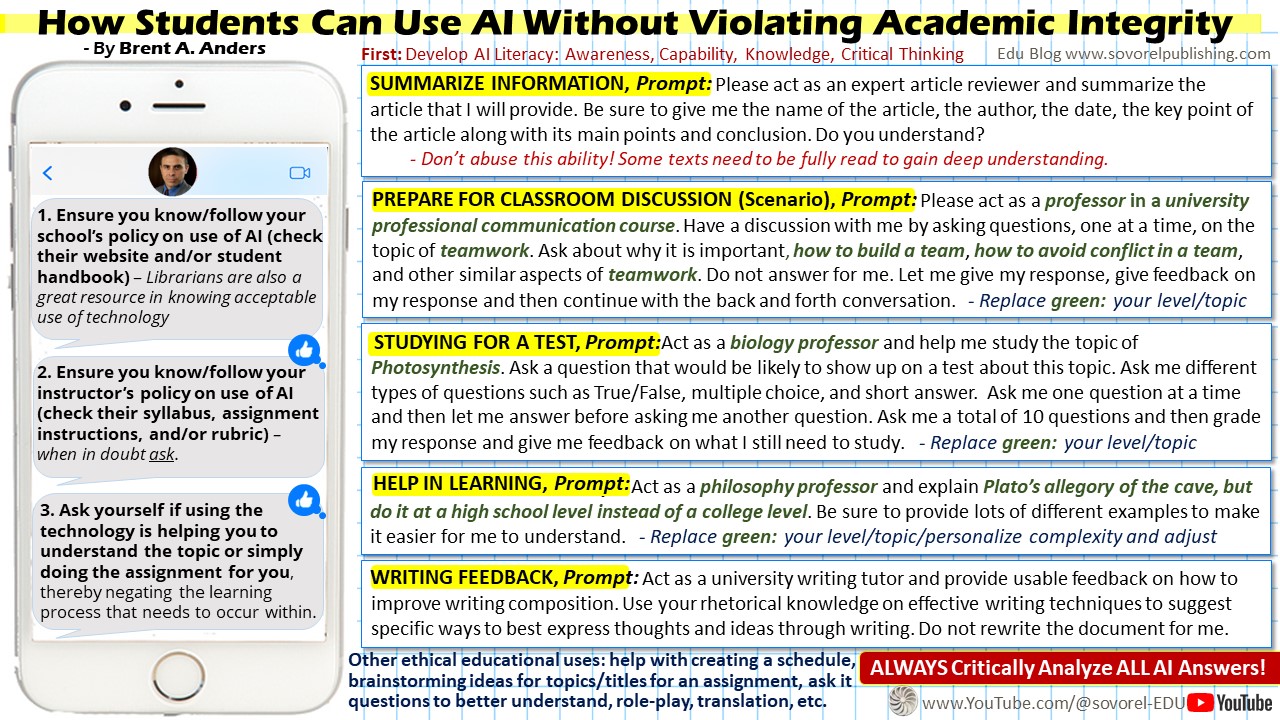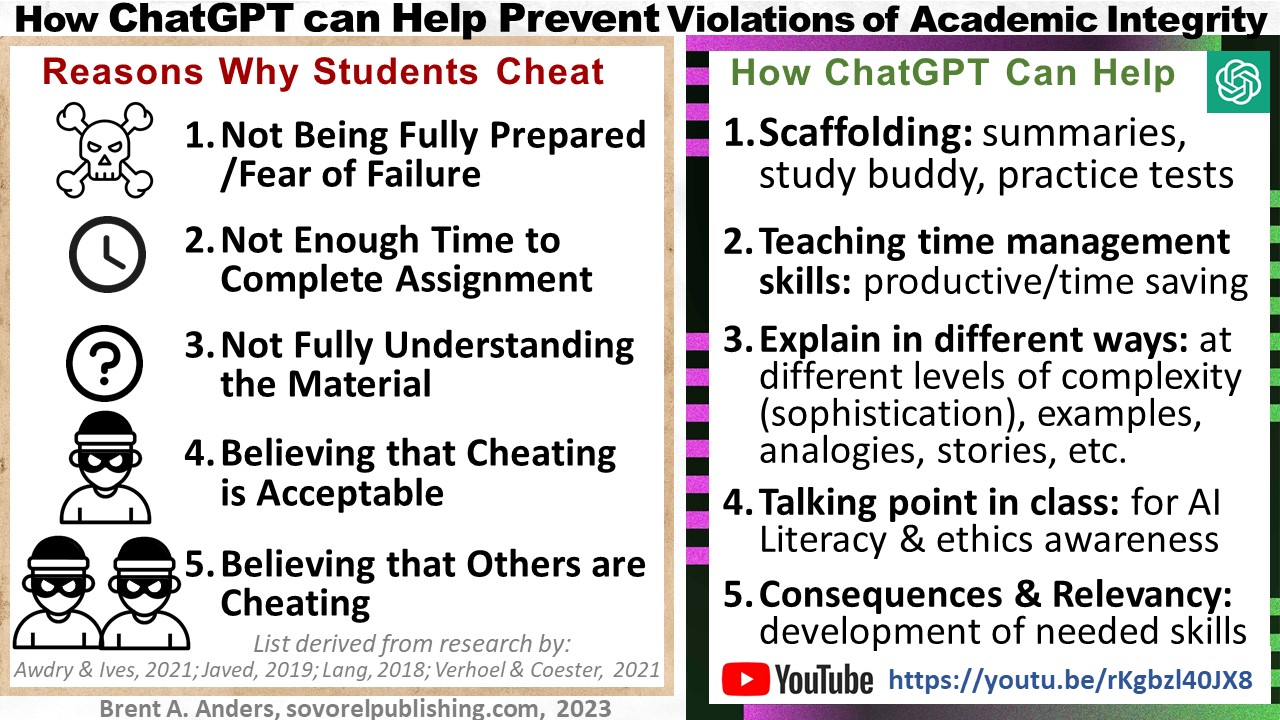In 2018, the Supreme Court struck down a ban on state-authorized sports betting, opening the floodgates to an industry that dumps billions of dollars into state budgets. According to the American Gaming Association, Americans wagered $119.84 billion on sports events in 2023, up 27.5 percent from the previous year. Professional leagues attract the highest betting volumes, but gambling in college sports is growing, according to Jim Borchers, president and CEO of the U.S. Council on Athletes’ Health (USCAH) and chief medical officer for the Big 10 Conference.
Digital platforms, gamification and prop betting are driving this boom, he says. A former Ohio State football player, Borchers argues the influx in gambling threatens the integrity of college sports and risks athletes’ mental and emotional health. Name, image and likeness payments, combined with media revenue-sharing, contribute to a new reality for college sports that is more transactional than ever, with huge sums of money flowing in and out.
To help students and institutions respond to the new environment, USCAH developed an accreditation process mapped to the National Collegiate Athletics Association’s best practices and standards of care. USCAH launched the program in September and is already working with 40 institutions at every level of college athletics from the power four conferences (the Big 10, SEC, Big 12 and ACC) to Division III institutions.
Gambling is now an integral part of college athletics, Borchers acknowledges, but he is hopeful the new accreditation system will guarantee that student athletes’ health isn’t lost along the way.
This interview has been edited for length and clarity.
Q: In 2018, the Supreme Court ended the federal ban on sports gambling. From your vantage point, how has that changed gambling in college athletics?
A: It’s been in the back rooms and dark corners, but I think gambling always existed, and there was always a concern around integrity in sport. But in the last five to seven years, gambling has exploded, and it’s really become part of the fabric of sport, so much so that many people consider it like a video game. It’s so easy make a wager on so many different things in sport. And it seems like it’s just a normal part of what goes on. So the technology piece of it—the predictive markets, the prop bets, the things that go beyond “is Team A going to beat Team B by a certain number of points?”—have a huge effect on the individual and that’s something that we have to take into account when we think about how this affects sport.
Jim Borchers, president and CEO of the U.S. Council on Athletes’ Health and chief medical officer for the Big 10 Conference
Q: Prop betting is where gambling gets more sophisticated, but also a bit wacky. How does prop betting, in particular, affect athletes?
A: It gets really wacky because you’re betting on things that individuals may or may not do, or things that you would expect them to do in real time during the course of a game. I’ve explained it to people as: If you play a team sport and the overall objective is to play well and have your team win, you can have a good outcome. You and your coach could feel like you played pretty well. But if you didn’t meet these prop bets, all of a sudden you start seeing negativity around the way you performed, and you start thinking, “Wait, am I really doing what I should be doing?”
How does that affect someone who’s 18 or 20 years old? It creates a whole outside amount of stress that obviously can become pretty specific for the individual. It can be very harassing. It can be malignant. It can be damaging. And I think that’s where you’ve seen a lot of the movement to try to get prop bets and predictive markets out of the sport betting market. But I just don’t think that’s realistic. The train has left the station, and we need to think of different ways to address it.
Q: Especially because these betting companies buy TV ads during the games. Gambling is totally integrated in the college sport business. There’s just no way that you can separate them.
A: And their number one market is males, ages 18 to 24. They give you free bets. They’re trying to create habits. Gambling, in and of itself, can be a very addictive and malignant behavior and lead to all sorts of health issues and personal issues. But there are a lot of people who don’t think anything of, “Yeah, I’ll take 20 bucks and make a few bets and see if I can hit something this weekend.” I think they see that as part of the fun of sport, rather than being invested in the sport or the game itself.
Q: Give me some examples of the impact you’ve seen gambling have on student athletes.
A: This whole financial marketplace now exists in college athletics—even high school athletics now has NIL payments—and so sport as a financial vehicle is growing, and these markets are growing, and that causes them stress. Young athletes are developing physically and mentally. Do we expect them to have a skill set to manage that financial stress like an adult, or the experiences and the ability to develop that skill set? I think it is misguided.
You add into that the pressure of outside influences who now have their own financial market where they’re making these bets and providing those bets. And they can make comments to that person directly either on social media or direct messaging. It’s easy for me as a 55-year-old to say, “I’ll just turn my phone off,” but that’s not how these folks operate. It impacts their mental and emotional health, and that impacts their performance. We know athletes have to be physically, mentally and emotionally well to perform at their best.
Q: You mentioned that these betting agencies are focusing on 18- to 24-year-old men, and I would take a guess that most of the games they’re betting on are football and men’s basketball. Is there enough discussion about this being an issue for males in particular?
A: I don’t think there’s enough discussion at all, because the focus gets drawn away from the actual event. The other piece of it is, oftentimes, it’s peer groups that are engaging in these behaviors. It’s people that athletes see on campus or in their classes. It’s led to more isolation and more silos. College athletes feel like they have to wall themselves off from all of those parts of the college experience that are important to the overall development of a young adult.
Look, higher education serves a lot of roles. There’s a knowledge base and building a foundation in a field of study. But there’s developing as a young adult through social interactions—being on your own for the first time and learning to engage in the community and interact with people with similar beliefs or maybe different beliefs. I think you’re seeing athletes become more isolated and unable to participate in that. In some way it’s stunting their development, and they leave college then, as young adults, without having had a lot of those experiences.
Q: Division I sports and the big four conferences are where we see big sums of NIL payments and revenue sharing. Is gambling concentrated in those areas of college sport too?
A: Gambling is universal. There’s a marketplace for everything. With the recent NCAA basketball issue you saw how it seeps down into schools, where people would have thought, wow, really, people are betting on these events? It’s misguided to think this is only happening at the highest level of sport. And I think it’s misguided to think that athletes themselves aren’t invested in it and doing it.
Q: I even read a story about a bus driver who saw an athlete was limping and then capitalized on that.
A: Yeah, information and the ability to gain information is key. You’re seeing people go to all sorts of lengths to try to find out information. And that introduces a whole different set of malignant consequences to that part of this industry. They’re trying to find out information from the individuals: people that are working with the medical staffs, as you mentioned, a bus driver. Are you a food services person? Are you doing something with athletes where you’re able to garner some information and pass that information off? And then there are the athletes themselves. If they are being approached for information and maybe think, “Well, I’m just giving an injury update on someone,” but they don’t realize the effect that’s having in the larger environment around wagering and sport.
Q: To your point about integrity earlier, the amount of money in college athletics points to a greater question around the integrity of college athletics as a whole. Where is this all going?
A: To me, it’s asking, “What is the purpose of sport?” Is sport, and your ability to participate in a sport and be good in sport, a financial vehicle? And if it is, what role does it play in education-based athletics? In the United States, sport is so much a part of what the community is and how people identify with an institution. But the financial markets are creating a transactional nature to it. I think most college athletes just want sport to continue to be part of their college experience, because it’s what they’ve known. They want to go to school, have a peer group and play a sport they enjoy. When it becomes a financial vehicle, there’s a whole different aspect to sport because now your efforts and what you’re doing in sport are objectively equated with a dollar amount.
And how do we reconcile those two? It’s really challenging. Now that you have athletes in college making seven figures, they’re probably the financial engine for their families. Their purpose and why they’re there has changed. Not that sport hasn’t always been a big part of the collegiate experience, but if you’re paying somebody a million dollars or $500,000 to participate in sport, I don’t think they’re going to have much focus on any of the other reasons why they’re in college.
Q: From my conversations with university leaders, it’s clear they’re not happy about how much money is flowing through athletics. But here we are. What can colleges do?
A: Our most recent initiative is accreditation for athletic departments on health, safety and well-being. The other reality is I don’t know that athletic departments are complex enough to handle those and all the issues around the financial part of the business. Now there’s a whole different risk profile to sport when people are making this kind of money. I think you’re going to see more lawsuits because there’s going to be lost wages or an inability to earn income.
We have to acknowledge that and then be very transparent about what the expectations are when people come to sport. As much as we want to say college athletics is still a relationship-driven industry where parents and their kids made an investment in going to school to play sport because they built great relationships with coaches or felt great about the institution, we’ve now allowed this transactional nature to take place. There are representatives, agents and other influences in college athletics. We have to allow it to be part of what we’re talking about every day, and thinking about as an athletic department or an institution. Unless you think of it that way, you’ll have outcomes that you’re just not prepared for.
Q: Where did the accreditation standards come from?
A: A group of higher education leaders asked the U.S. Council for Athletes’ Health about 18 months ago to develop an accreditation program that shows institutions are meeting best practices and standards of care based on the NCAA roadmap. We met with legal and education experts and have developed a program that focuses on ongoing self-study and assessment and education. It’s a four-year process. We’ve met with the NCAA and they acknowledge that it meets their best practice standards. We feel like accreditation is a step in the right direction because it’s something people in education understand—this is a four-year cycle, we educate people every year on these topics, we do a self-study every year, and once every four years, we do a more comprehensive self-study with an audit or an evaluation from the accrediting body, where we share our information and get feedback.
Q: For academic accreditation, you either get access to Title IV funding or you don’t. Is there an incentive for what you’re talking about here?
A: The incentive, in my opinion, is the risk and liability that exists if you’re not doing this. Because as somebody who sits in as an expert in cases, when there are unwanted outcomes, it’s the system failure that is the biggest issue. And it’s a reputational harm. I tell people all the time—you drop your child off at a daycare for eight hours a day. Would you drop your child off with coaches or with other people that aren’t going to meet best practices? It’s a process that you should be invested in and, if you choose not to be invested in it, that says something about what you’re doing.








